Let's look at adding a new entry using the example of a directory "departments" . Some entries in it may already be registered.
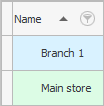
If you have some other unit that has not been entered, then it can be easily entered. To do this, right-click on any of the previously added units or next to it on an empty white space. A context menu will appear with a list of commands.
![]() Learn more about what types of menus are.
Learn more about what types of menus are.
Click on a command "Add" .

A list of fields to fill in will appear.
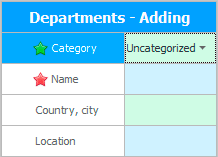
![]() See which fields are required.
See which fields are required.
The main field that must be filled in when registering a new division is "Name" . For example, let's write 'Branch 2'.
"Category" is used to divide departments into groups. When there are many branches, it is very convenient to see: where are your warehouses, where are local branches, where are foreign ones, where are shops, and so on. You can classify your 'points' however you like.
![]() Or you can not change the value there, but here you can find out why this field appears immediately filled .
Or you can not change the value there, but here you can find out why this field appears immediately filled .
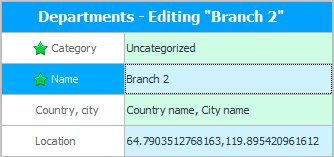
Pay attention to how the field is filled "Category" . You can either enter the value into it from the keyboard or select it from the drop-down list. And the list will show the values that were entered earlier. This is the so-called ' smart list '.

![]() Find out what types of input fields are in order to fill them in correctly.
Find out what types of input fields are in order to fill them in correctly.
If you have an international business, each division can be specified Country and city , and even choose the exact one on the map "Location" , after which its coordinates will be saved. If you are a novice user, do not complete these two fields yet, you can skip them.
![]() And if you are already an experienced user, then read about how to select a value from the reference for a field "Country and city" .
And if you are already an experienced user, then read about how to select a value from the reference for a field "Country and city" .
And this is how the location selection on the map will look like.
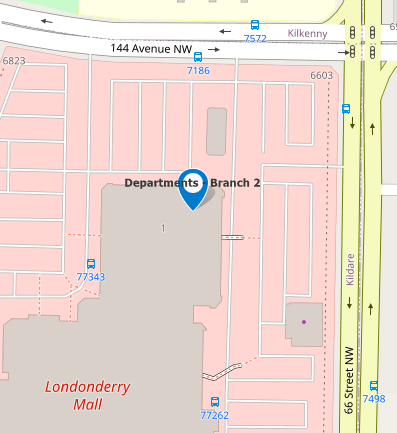
When all the required fields are filled in, click the button at the very bottom "Save" .
![]() See what errors happen when saving .
See what errors happen when saving .
After that, you will see the added new division in the list.
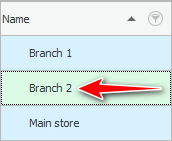
![]() Now you can start compiling your list. employees .
Now you can start compiling your list. employees .
See below for other helpful topics:
![]()
Universal Accounting System
2010 - 2024